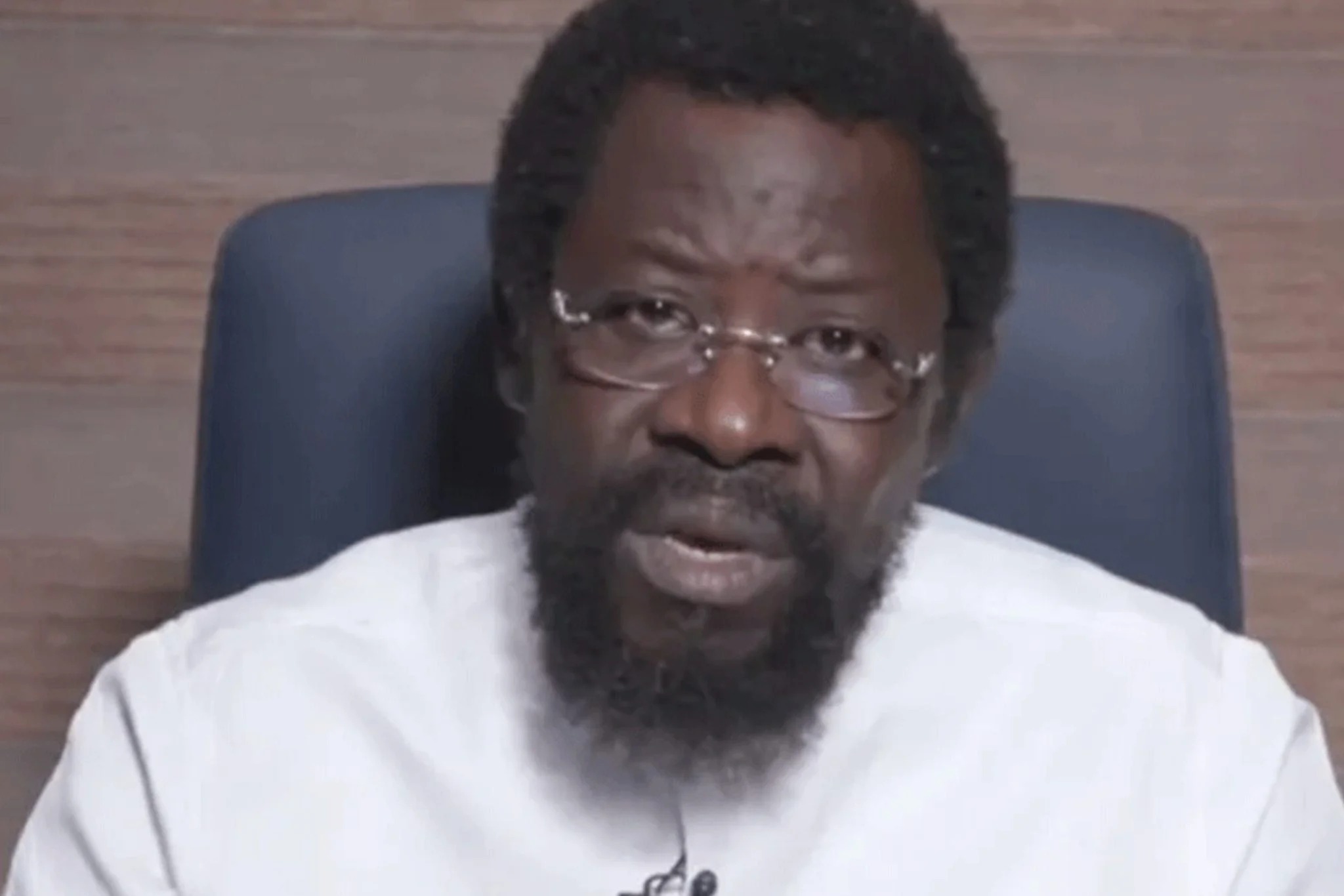“Dele Farotimi Reveals Ongoing Legal Battles After Afe Babalola Case Withdrawal”
 Activist and lawyer Dele Farotimi has disclosed that he is still facing four separate civil suits filed in different states, despite the withdrawal of criminal charges against him by Aare Afe Babalola, founder of Afe Babalola University, Ado Ekiti.
Activist and lawyer Dele Farotimi has disclosed that he is still facing four separate civil suits filed in different states, despite the withdrawal of criminal charges against him by Aare Afe Babalola, founder of Afe Babalola University, Ado Ekiti.
Farotimi made this revelation during his appearance on the Toyin Falola Interviews on Sunday, shedding light on his ongoing legal struggles despite the case against him being dropped by Babalola. On January 27, Babalola had announced the withdrawal of the defamation cases he had filed against Farotimi following the intervention of traditional rulers, including the Ooni of Ife, Oba Adeyeye Ogunwusi.
The controversy stemmed from Farotimi’s book, Nigeria and Its Criminal Justice System, in which he made critical remarks about the Nigerian judiciary. After Babalola’s petition, Farotimi was arrested, and he faced charges of criminal defamation and cyberbullying in two courts in Ekiti. However, after the case was dropped, Farotimi was still left with the burden of civil suits initiated by members of Babalola’s law office.
“My inability to speak on certain aspects of this issue is due to the fact that, despite the discontinuation of the criminal proceedings, I still face four civil suits filed against me in four different states by members of the same law office,” Farotimi stated.
Farotimi emphasized that his book was not written out of idle gossip but was a well-researched critique of the Nigerian judicial system. “I didn’t write this book in a bar or officers’ mess. I did not set out to defame anyone. It was based on my own experiences and observations. Let anyone challenge the veracity of my work,” he said.
He clarified that the central issue was not his personal reputation, but rather the deep-rooted corruption within Nigeria’s judicial system. “This is not a trial of Dele Farotimi. This is a trial of the Nigerian legal system,” he asserted. “My book is not an attack on any individual, particularly Afe Babalola. It is about the systemic failures in our judicial institutions.”
Farotimi continued, explaining that the book was a critique of the entire legal system and not meant to libel individuals. He highlighted that numerous names and offices were mentioned in the book, but none were singled out for personal attack. “I simply wrote what I saw,” he stated. “Perhaps we’ve become so accustomed to lies that telling the truth has now become offensive.”
Farotimi argued that for Nigeria to experience any meaningful reform, its citizens must be willing to confront uncomfortable truths. “We’ve built a system that rewards lies and punishes truth. I am being sued not because I lied, but because I dared to speak the truth.”
He also criticized critics who dismissed his book without reading it, calling them intellectually lazy. “Ninety per cent of the people criticizing me haven’t even read the book. If Nigerians would stop being so lazy and start reading, there would be no argument about what I’ve written,” he said.
Farotimi’s comments shed light on his commitment to exposing the flaws in the Nigerian legal system, even at the cost of personal legal battles.













